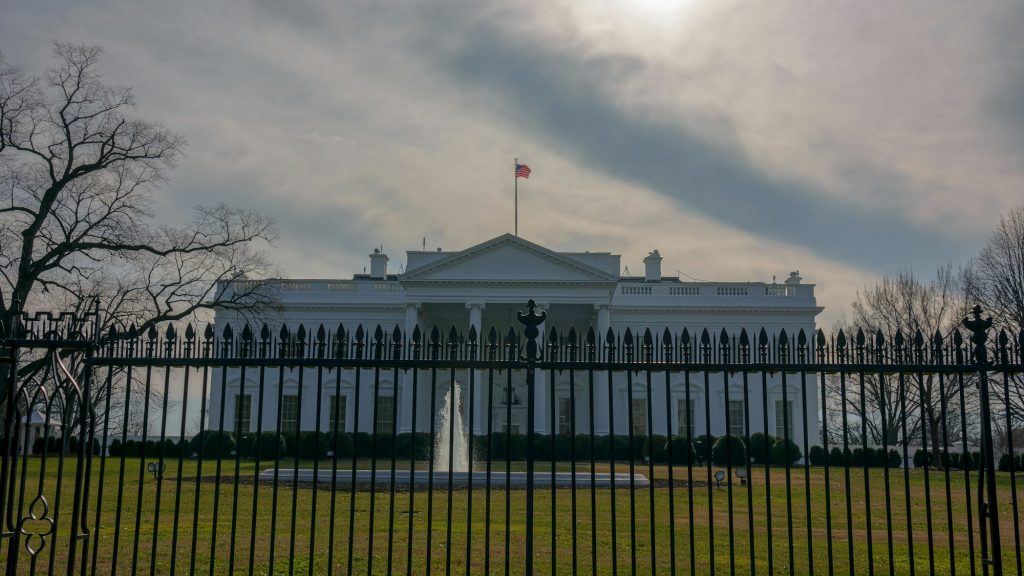AI Advances in Detecting Gene Mutations in Acute Myeloid Leukemia

Researchers have developed an artificial intelligence (AI) model capable of predicting gene mutations in acute myeloid leukemia (AML) by analyzing bone marrow smear images, potentially expediting diagnosis and treatment decisions.
Commerce Department Overhauls Broadband Program to Embrace Technological Neutrality

The Commerce Department’s BEAD overhaul shifts to technology-neutral broadband expansion, allowing fiber, satellite, FWA, and 5G. This benefits wireless providers by easing funding access but sparks debate over long-term costs and service quality. States must now reassess their broadband strategies amid these changes.
Advanced Spectrum Sharing On The Horizon

The Department of Defense is taking significant steps towards implementing advanced spectrum sharing technologies, aiming to balance critical military operations with the growing demand for commercial wireless services. As the battle for mid-band spectrum intensifies, the DoD is collaborating with other federal agencies and industry partners to develop innovative solutions that could revolutionize how we manage this finite resource.
Private 5G Networks – Powering the Future of Smart Cities, Autonomous Vehicles, and Edge Applications

Private 5G networks are quickly becoming essential for exciting technological advancements like smart city infrastructures, autonomous driving, and edge computing. Providing dedicated, high-speed, and low-latency connectivity, these networks are paving the way for innovations that are set to enhance urban living and mobility in truly transformative ways.
President Trump Pauses Mexico Tariffs and Initiates Government Reforms

In a series of significant policy shifts, President Donald Trump has temporarily suspended proposed tariffs on Mexican imports and embarked on substantial federal government restructuring.
Ontario Terminates Starlink Contract Amid U.S.-Canada Tariff Dispute

In a significant move reflecting escalating trade tensions between Canada and the United States, Ontario has canceled a substantial contract with Elon Musk’s Starlink. This decision underscores the province’s firm stance against recent U.S. tariff impositions.
Louisiana Pushes for BEAD Program Reforms in Letter to Commerce Secretary

Louisiana Governor Jeff Landry has urged the U.S. Department of Commerce to implement reforms in the Broadband Equity Access Deployment (BEAD) Program.
Trump Administration Clarifies Executive Order: Broadband Expansion Funds Remain Unaffected

In a recent clarification, the Trump administration assured that the executive order pausing certain federal fund disbursements targets specific energy-related projects, leaving broadband deployment initiatives, such as the Broadband Equity, Access, and Deployment (BEAD) program, unaffected.
Chinese Tech Firm Founded by Huawei Veterans Under U.S. Scrutiny

Baicells Technologies, a telecommunications hardware company established in 2014 by former Huawei employees, is currently under investigation by the U.S. Commerce Department and the Federal Bureau of Investigation (FBI) due to potential security risks. The company’s rapid expansion across the United States has raised concerns regarding national security, given its Chinese origins and the background of its founders.
New Administration Faces Pressure to Embrace Tech Neutrality in NTIA’s BEAD Program

As the new administration settles into office, a pressing question looms over the National Telecommunications and Information Administration’s (NTIA) $42.5 billion Broadband Equity, Access, and Deployment (BEAD) program: Will a shift towards technological neutrality in broadband deployment strategies? The BEAD program, aimed at expanding high-speed internet access across the United States, has been scrutinized for its perceived preference for fiber-optic technology. However, recent developments and industry pressure suggest a more technology-neutral approach may be on the horizon.
